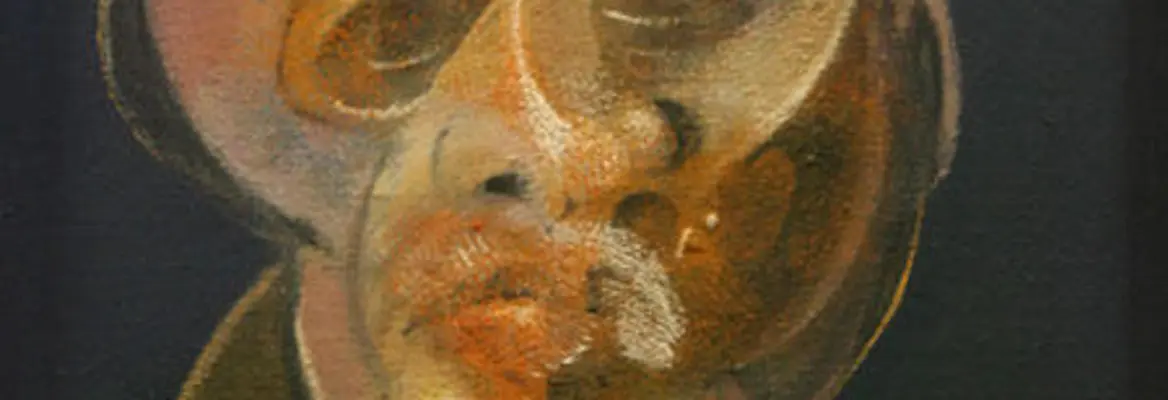I am getting increasingly astonished at hearing so many well-qualified scholars repeating – as official scientific doctrine - a claim which they clearly don’t believe. The claim is that they (and indeed their readers) don’t exist. But existing isn’t something extra that you do on top of just being present. It is simply being present in the first place.
We can, of course, ask these people, `Who, then, are the beings that are now making this claim? What are the mysterious entities which (in your view) actually write their books - work out their subtle doctrines - make their life-changing decisions for them and deal, for instance, with their children and their bank-managers? How do these bogus entities manage to go on deceiving all the people round them into taking them for genuine human beings? And who, indeed, are all those surrounding people? If they are all just flickering illusions, how do they manage to provide us with a world which is certainly not just fantasy but is solidly and painfully real?’ The answer – that, apart from the brain-cells they are all indeed imaginary – doesn’t make any sense. To repeat, imaginary people can’t constitute a real world.
Why (then) do otherwise rational people sign up for this surprising story? I think I see two reasons why they might do so. First, they think they have only got two options. They think they have got to choose between a particularly crude, implausible kind of religion and an equally crude, implausible distortion of science. They drift into seeing this pseudo-scientific story about their own non-existence as a pillar of their faith in science itself, a vindication of the material world, a crucial prop for the certainty which, amid today’s widespread confusions, we all long for. They also see this attitude as rather heroic - a stern, manly substitute for the more feminine idea that our own thoughts and feelings really matter. Declaring that you yourself and your hearers are only fantasies - or indeed are a bunch of brain-cells - sounds rather daringly realistic. But an exciting name doesn’t actually turn an unintelligible idea into a usable one.
The other reason why they might make this move is that there really are awkward, long-standing difficulties about grasping just what kind of things we human beings are and fitting us in among the items that compose the world. Much of this trouble may be due to our evolutionary history. Early language was probably most often needed to say useful things like, `Pass the hammer’ or `Climb that tree’ or `Where has Jenny got to?’ It gave us plenty of words for dealing with trees and hammers, but rather fewer for saying complicated things about human beings such as Jenny. And when we did have to talk about human beings we found a great many confusing things to say about them, many of which still defeat us.















Join the conversation